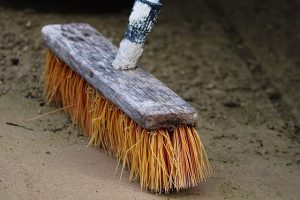Clogged drains are a common household issue caused by hair, grease, and foreign objects. Regular cleaning with hot water, vinegar, and drain covers, along with mindful disposal, prevents clogs. Chemical cleaners offer quick relief but have drawbacks, while natural remedies like baking soda, vinegar, and boiling water provide eco-friendly alternatives. A plunger is effective for quick uncloggings, while drain snakes tackle stubborn issues. Regular maintenance, avoiding non-biodegradable items, and annual professional cleaning prevent future clogs and identify deeper problems.
Are you tired of dealing with slow-draining sinks and showers? Discover swift and effective solutions for fast clogged drains. This comprehensive guide explores various drain cleaning methods, from traditional techniques to modern technologies. Learn about common causes of clogs, the pros and cons of chemical cleaners, and natural remedies that can unclog your drains effortlessly. Additionally, we’ll equip you with tips on prevention, when to call a professional, and using tools like plungers and drain snakes.
Understanding Common Drain Clog Causes
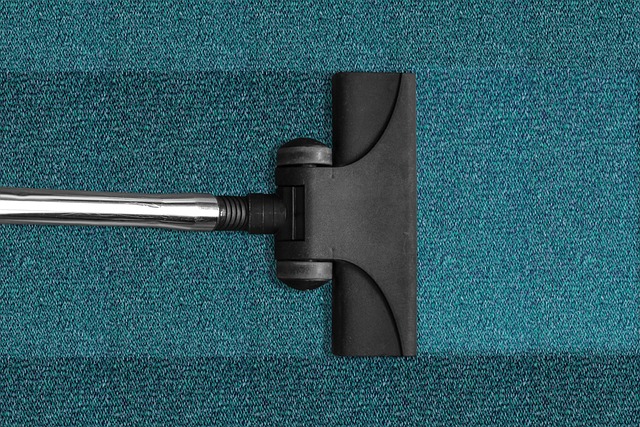
Clogged drains are a common household issue, often caused by a buildup of hair, grease, and other debris. Understanding these underlying causes is key to effective drain cleaning and maintenance. One major culprit is hair, which can quickly accumulate in pipes, especially in bathrooms where shaving and washing occur. Greasy substances from cooking oils and food scraps also tend to stick to pipe surfaces, forming clogs over time. Additionally, foreign objects like toys, wipes, or sanitary products often find their way down the drain, leading to significant blockages.
Regular cleaning routines can help prevent these issues. Using hot water and vinegar, a common household cleaner, can dissolve fat and grease buildup. Installing drain covers or catchers can trap hair and other debris before they enter the pipes. Moreover, being mindful of what goes down the drain—avoiding flushing non-biodegradable items—is crucial for maintaining clear drains and reducing the need for professional drain cleaning services.
Traditional Drain Cleaning Methods
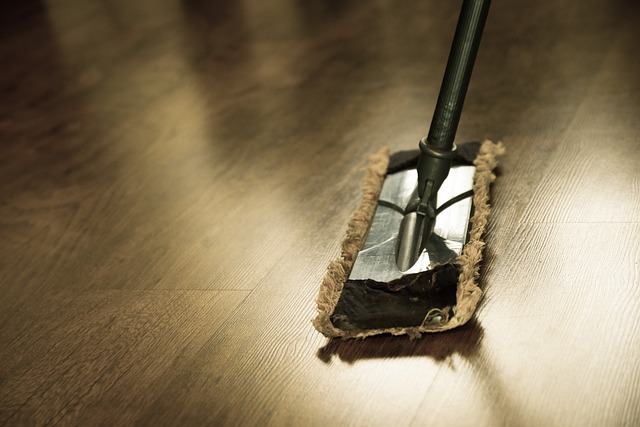
Traditional drain cleaning methods often involve using chemical-based cleaners or mechanical snaking tools. Chemical cleaners, while effective at breaking down grease and hair, can be harmful to pipes if used excessively due to their corrosive nature. Mechanical snaking devices, though handy for reaching stubborn clogs, might not penetrate deeply enough to address root causes in some cases. These conventional methods provide quick fixes but may not offer lasting solutions, especially for recurring drain issues.
For more persistent problems, a shift towards eco-friendly and comprehensive approaches is recommended. This involves using natural enzymes or bacteria that break down blockages without damaging pipes. Additionally, hydrojetting—a high-pressure water technique—can clear severe clogs and remove built-up debris, providing a deeper clean than traditional methods.
Chemical Drain Cleaners: Pros and Cons

Chemical drain cleaners are a popular choice for homeowners seeking swift drain cleaning solutions, but they come with their advantages and drawbacks. One significant benefit is their ability to dissolve greasy build-up and hair clogs quickly, making them effective for immediate relief. These chemicals can clear even severe obstructions, providing a fast fix when you’re in a pinch. However, they also present potential hazards. Many conventional drain cleaners contain caustic substances like sodium hydroxide or hydrochloric acid, which can cause skin and eye irritation and are harmful if ingested. Additionally, these chemicals may not address the root cause of frequent clogs, leading to repeated use and possible damage to the pipes over time.
Natural Remedies for Unclogging Drains
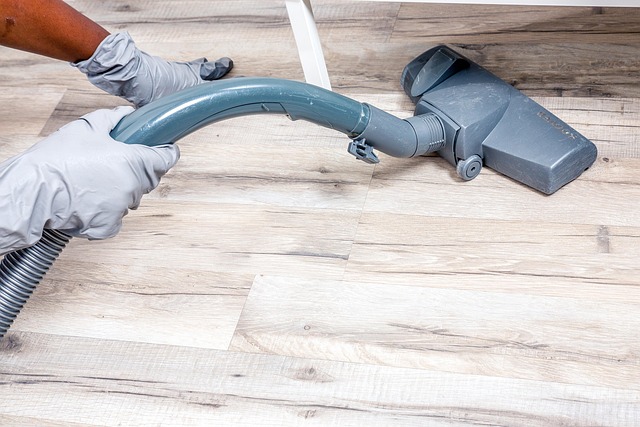
Many homeowners turn to natural remedies as a gentle and cost-effective way to tackle stubborn clogs without resorting to harsh chemicals. Boiling water is a simple yet effective solution; pouring a pot of boiling water down the drain can help dissolve built-up grease and debris. Baking soda and vinegar are another popular duo; mixing these two ingredients creates a fizzy reaction that can cut through grease and unclog pipes. For more persistent clogs, consider using a mixture of baking soda and salt, which acts as a natural scrubber, followed by vinegar to flush out any remaining residues. These natural remedies offer an eco-friendly approach to drain cleaning, providing an alternative to traditional chemical-based products.
Using a Plunger Effectively
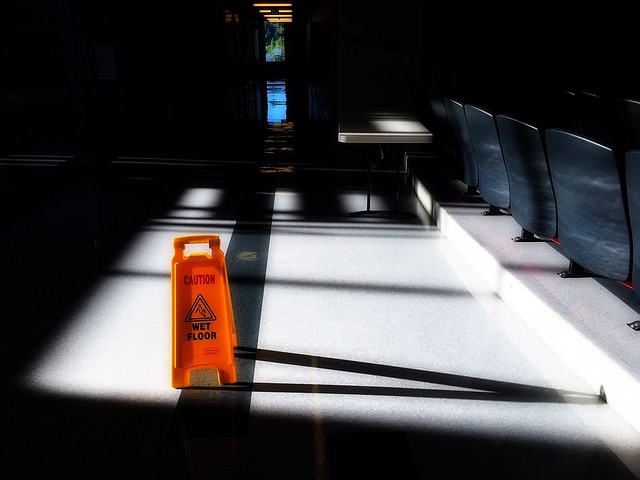
When it comes to fast clogged drain solutions, a plunger is a simple yet effective tool that many homeowners should have in their arsenal. To use a plunger successfully, first fill the sink or tub with about an inch of hot water. This helps create a seal around the plunger’s cup, enhancing its suction power. Place the plunger over the drain opening and ensure it covers the entire area. Push down firmly on the handle and then quickly pull up in a smooth, vigorous motion. Repeat this several times to break apart any buildup or clogs.
For tougher clogs, consider using a plumbing snake or auger, which are more effective for removing stubborn hair, grease, or other debris that can block drains. Regularly cleaning sink drains with hot water and a plunger as part of your drain cleaning routine can prevent clogs from forming in the first place, keeping your home’s plumbing system running smoothly.
Snake or Drain Serpent: A Comprehensive Guide
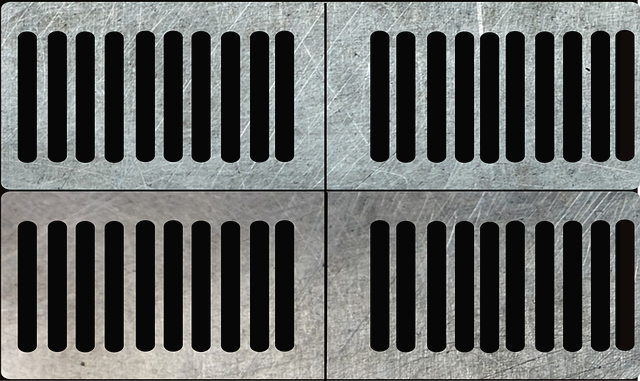
When faced with a stubbornly clogged drain, one effective tool that comes in handy is the snake or drain serpent. This flexible, spiral-shaped device is designed to navigate through pipes and break apart or dislodge whatever is causing the blockage. Snakes are particularly useful for deep clogs that traditional plungers might not reach. They’re easy to use; all you do is insert the snake into the drain, twist to navigate the pipe, and then pull it back out, hopefully with debris attached.
Choosing the right snake involves considering factors like length (for reaching deeper drains) and material (often plastic or metal). Regular maintenance, such as not pouring grease down the drain, can significantly reduce the need for these tools. However, for more persistent clogs, a snake is a quick, affordable, and effective solution to get your drains flowing again, ensuring optimal drain cleaning performance without causing damage to your plumbing system.
Preventing Future Drain Clogs

To prevent future drain clogs, regular maintenance is key. Start by employing simple habits like avoiding flushing non-biodegradable items down the drain. This includes things like food scraps, wet wipes, and hair—common culprits of clogs. Using a drain cover or catch can for catching hair and other debris before they enter the drain can also be effective.
Additionally, consider scheduling professional drain cleaning services at least once a year to clear out any built-up residue or blockages. These professionals have access to high-pressure water jets and specialized tools that can thoroughly clean your drains, ensuring optimal flow. Regular cleaning not only prevents clogs but also identifies potential issues before they become major problems.
When to Call a Professional Plumber
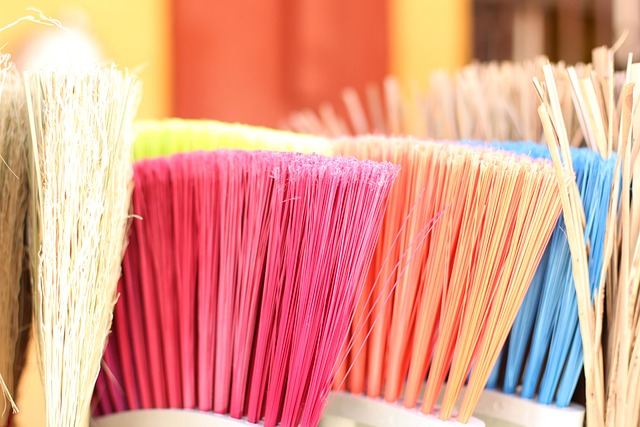
If you’ve attempted at-home remedies and still can’t unclog your drain, it might be time to call in a professional plumber. Persistent clogs could indicate a more severe issue like pipe damage, root intrusion, or a broken pipe—problems that require specialized equipment and expertise to fix. Regular drain cleaning services can prevent such issues from escalating.
Professional plumbers have access to advanced tools like high-pressure water jets, sewer cameras, and hydraulic snakes, making them better equipped to navigate the complexities of your plumbing system. They can also provide a thorough assessment to identify the root cause of the blockage, ensuring long-lasting solutions rather than temporary fixes.
Modern Technologies in Drain Cleaning
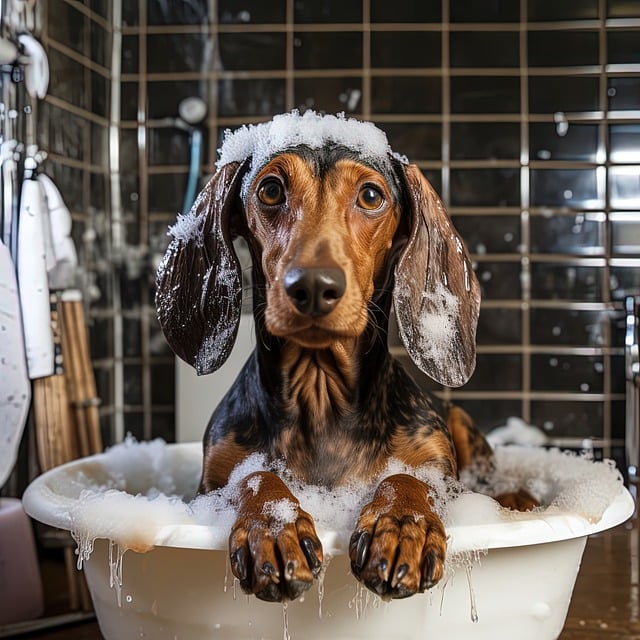
Modern technologies have significantly enhanced the field of drain cleaning, offering more efficient and effective solutions than ever before. One notable advancement is the use of high-pressure water jets, which can swiftly clear even stubborn clogs by powerful rinsing. Additionally, advanced drain cameras provide a detailed visual inspection, allowing professionals to identify blockages without needing to dig or cause further damage.
Another game-changer is the implementation of mechanical drain cleaners, such as spiral cables and machinery that can reach and dislodge obstructions deep within pipes. These tools are versatile and adaptable to various drain cleaning needs, making them a popular choice for both residential and commercial properties. Furthermore, chemical drain cleaners have evolved, with eco-friendly options now available that effectively break down blockages without harming the environment or plumbing systems.
